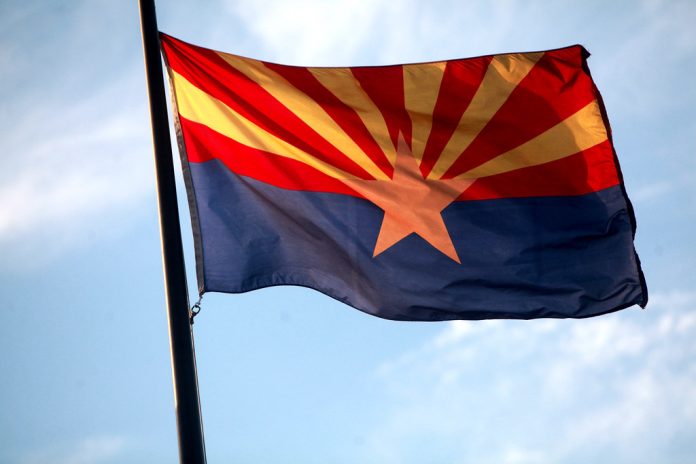Scottsdale, Arizona’s deceptive tax hike struck down by state Appeals Court after taxpayers sued, with Goldwater Institute’s help. (Commentary)
by Scott Day Freeman
In a resounding victory for taxpayers in Scottsdale, the Arizona Court of Appeals today [August 20] sided with the Goldwater Institute and sent a powerful message to government officials across Arizona: don’t deceive voters, especially when asking them to approve a new tax.
In April, the city of Scottsdale attempted to do just this spring when it wrote a proposed city-wide initiative to create a new tax on top of those it already imposes. But instead of telling voters that they would be voting in November on a new, 30-year sales tax to fund certain services, Scottsdale leaders claimed the tax would actually “replace and reduce” taxes.
In a clever scheme to fool voters into thinking they’d be lowering taxes when they’d actually be increasing them, the city told voters that approving the measure would substitute a new, lower sales tax for an already-existing tax. But in reality, the old tax is already scheduled to expire automatically at the end of next June. In other words, that tax was already going to fall to zero—which means the city’s proposed new tax, far from “replacing” or “reducing” taxes, would just be an ordinary, run-of-the-mill tax increase.
It’s a clever marketing ploy, but Scottsdale residents had enough of the word games. With help from Goldwater Institute attorneys, three Scottsdale taxpayers sued the city, asking the court to disqualify the ballot measure because the ballot language used to describe it was misleading, promising a tax reduction when, in fact, taxes would be raised.
A unanimous panel of the Arizona Court of Appeals agreed. “The proposition does not continue any current tax,” said the judges. “It creates a new tax, and one with a new purpose. This new tax would neither reduce the current tax rate (because the tax will remain at 0.2% until it expires), nor reduce the current tax rate after its expiration (because it would create a new tax).” Thus “the proposition’s description that a ‘yes’ vote would reduce the ‘transaction privilege and use tax rate’ — which in total is 1.75% and made up of multiple different taxes including the 0.20% at issue here — to 0.15% is misleading because a ‘yes’ vote, in fact, would implement a brand-new tax.”
The decision vindicates the rights of taxpayers who deserve honesty from their local officials—especially when it comes to the money hardworking Arizonans are required to fork over to the government. Local leaders in Scottsdale and across Arizona should consider themselves warned: public officials should not be in the business of deceiving taxpayers so they’ll vote to raise taxes on themselves.
When is a new tax increase not called a tax increase? When the government wants you to approve it, of course. But no more. Now Arizonans can be better assured that when their government asks voters to weigh in on important tax questions, it must do so without misleading them.
You can read the ruling here, and check out our case page here.
Scott Day Freeman is a Senior Attorney at the Goldwater Institute.
Originally published by the Goldwater Institute. Republished with permission.
For more Budget & Tax News.











